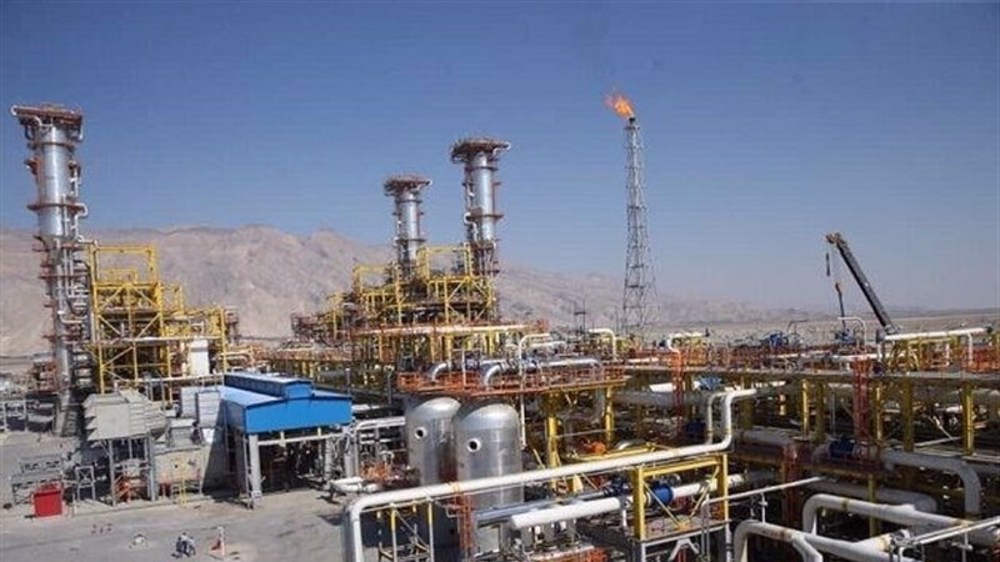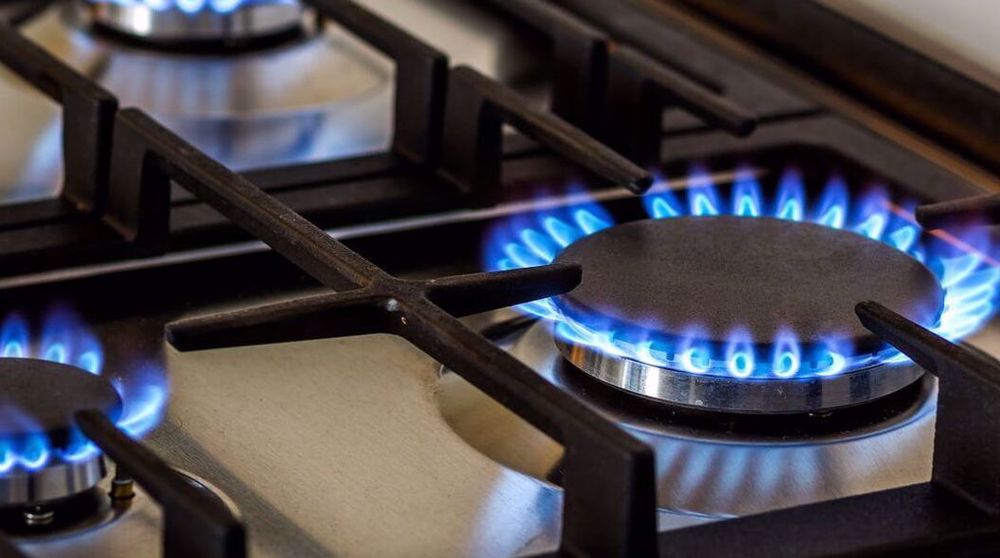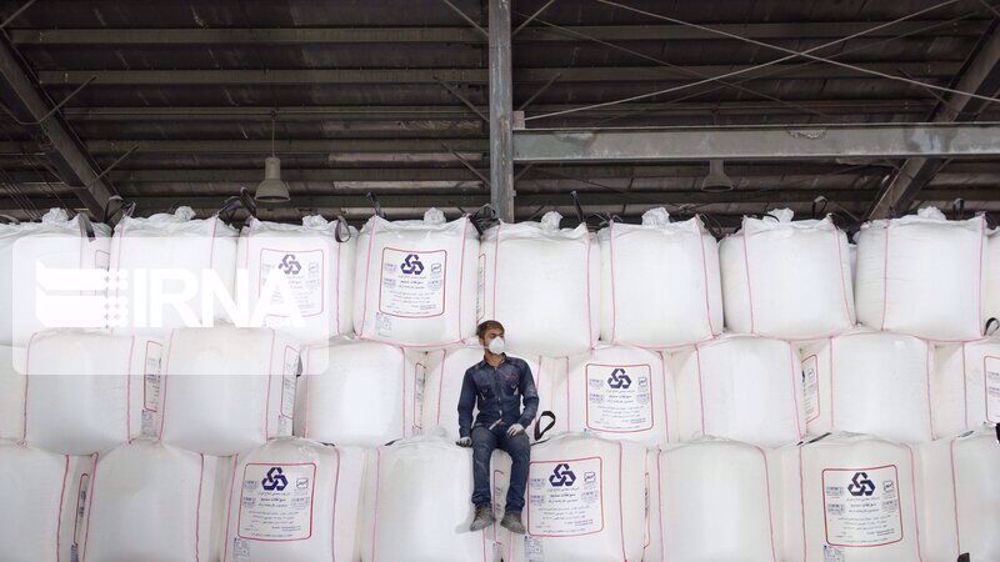Iranian gas boosts Iraq in Saudi market war
Iran’s exports of gas to Iraq which began last month are set to free up more oil for exports by the Arab country, clipping Saudi Arabia's wings further in its bid to retain markets.
Iraq along with Saudi Arabia jumped on the occasion from the West’s unprecedented sanctions on the Islamic Republic in 2011 to ramp up their oil production in the absence of the Islamic Republic.
Iran’s long-delayed gas exports to Baghdad started on June 21 at around 7 million cubic meters per day, which will finally rise to 35 million.
According to the National Iranian Gas Company (NIGC), exports of gas to the southern Iraqi city of Basra will begin within six months under a gas supply contract signed between Tehran and Baghdad in 2015.
NIGC director for international affairs Behzad Babazadeh says the Basra contract foresees sending another 35 million cubic meters of gas to the Iraqi city.
Taken together, Iranian gas could more than replace Iraq’s current crude and fuel oil burn for power generation. Existing figures put Iraq’s crude burn for power generation at around 170,000 barrels per day and fuel oil consumption at 190,000 barrels per day.

Iraq has already been gaining an edge over Saudi Arabia in the world's fastest-growing market. Baghdad beat Riyadh for a third month in May as the top crude supplier to India, shipping 1 million barrels a day.
According to Bloomberg, Iraqi supplies accounted for 23 percent of India’s purchases last month, up from an average 19 percent in the previous four months, while Saudi Arabia’s share fell by 1 percentage point to 17 percent.
Iraq, which overtook Iran as the second OPEC producer when Tehran was slapped with intensified sanctions, exported 3.93 million barrels a day in May.
Iran’s gas exports, allowing Iraq to free up some 360,000 per day of crude and fuel oil, would further boost the Arab country’s hand in the face of intensifying race among producers to retain their most-prized markets.
According to Babazadeh, Iranian gas volumes will vary between 20 million cubic meters per day in the colder months, and around 35 million in the warmer months when power demand for air conditioning rises in Iraq.

Iraq became Iran’s second gas client behind Turkey after the belated supply of gas to Baghdad began last month under a deal signed between the two neighbors in 2013. Armenia and Azerbaijan are Iran’s third and fourth largest gas customers.
The agreement to feed three power plants in Baghdad and Diyala was originally scheduled to become operational in mid-2014 but the start-up date was pushed back repeatedly because of the Iraqi capital’s precarious security situation.
On Thursday, Iraqi Prime Minister Haider al-Abadi announced an end to Daesh's "state of falsehood" following the recapture of a historical mosque in Mosul, suggesting that the country would be free of the terrorist group in a matter of days.
Babazadeh said gas exports to Baghdad were expected to rise to 16-18 million cubic meters a day in the next two years, before reaching the final volumes in the third year. The gas is sent to Sadr, Baghdad and al-Mansuriya power plants through a 270-kilometer pipeline.
The gas for power generation in Basra will go through a separate pipeline.
In July 2015, Iran said it was building a natural gas combined cycle power plant in the southern Iraqi city.
The project implemented by Iran’s MAPNA Group aimed to add 3,000 megawatts to Iraq’s national grid which is saddled with acute shortfalls at its current 8,500-megawatt capacity.
Israel has slaughtered 13000 students in Gaza, West Bank
VIDEO | More Zionist than Zionists: Biden’s legacy to be defined by Gaza genocide
Hamas confirms handing approval of Gaza ceasefire deal to mediators
VIDEO | Iran: Show of strength
UNRWA will ‘stay, deliver’ aid to Palestinians despite Israel’s ban: Lazzarini
Explainer: What makes Iran's Rezvan and Raad loitering munitions prized assets?
VIDEO | Unseen agony: Missing loved ones of genocide in Gaza
Iran cuts gold import tariff to zero










 This makes it easy to access the Press TV website
This makes it easy to access the Press TV website